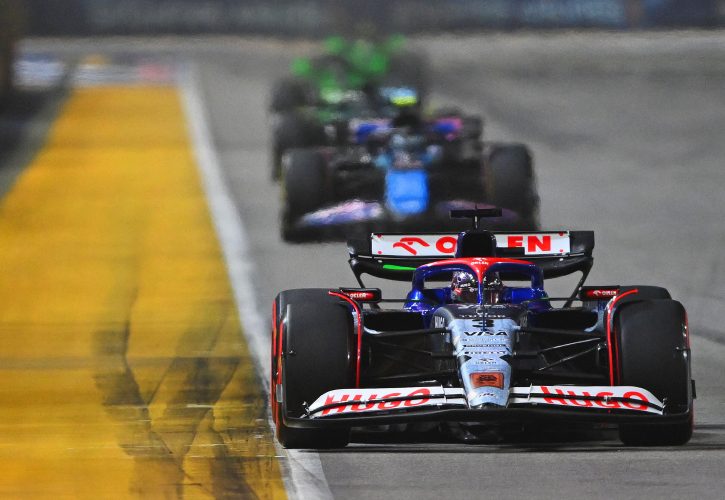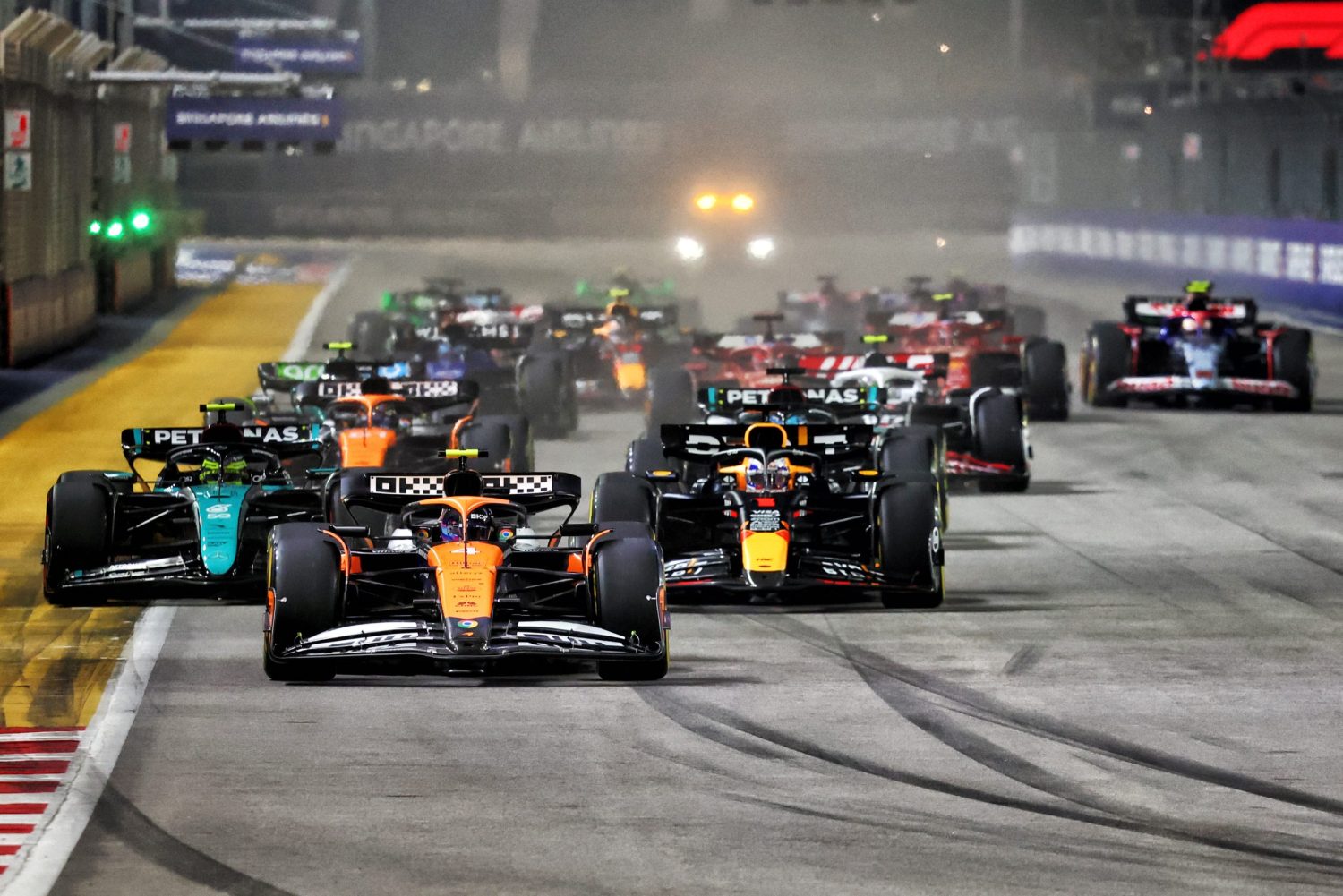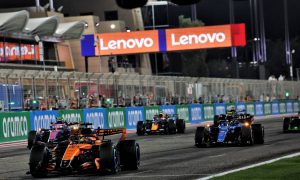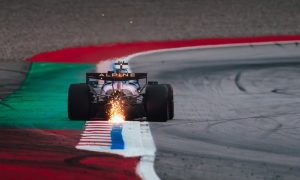
The FIA's World Motor Sport Council has approved a series of rule changes for the 2025 Formula 1 season, headlined by the decision to scrap the extra point awarded for the fastest lap.
This move marks a slight shift in how points will be allocated in future races, alongside several other key decisions aimed at enhancing the sport's competitiveness and promoting young driver development.
Introduced in 2019, the fastest lap point aimed to add excitement and provide an additional incentive for drivers finishing in the top 10.
However, the rule often failed to deliver on its promise, as it frequently fell into the hands of drivers with a comfortable lead, who could afford to pit for fresh tires to secure the extra point.
A prime example occurred during last month's Singapore Grand Prix, where RB's Daniel Ricciardo claimed the fastest lap point after a late pit stop, taking it away from McLaren's Lando Norris, who is battling Red Bull's Max Verstappen for the championship.
This incident sparked renewed criticism of the rule and further discussions about potential collusion between Red Bull and its secondary team, highlighting the controversy that had long surrounded the fastest lap point.
Ultimately, the WMSC decided to eliminate the bonus point scheme altogether, returning the maximum score a driver can earn in a race to 25 points for a win.
Beyond the points system, the WMSC approved another significant change aimed at fostering the growth of young talent.

Starting in 2025, Formula 1 teams will be required to dedicate two Friday first practice sessions per car to rookie drivers – double the current mandate of one session per car.
This expansion is designed to provide greater opportunities for up-and-coming drivers to gain valuable experience in race weekends, a move that has been welcomed after the cancellation of the planned rookie sprint race in Abu Dhabi in 2024.
Although that initiative was shelved – permanently apparently, the extended practice time for young drivers is viewed as an essential step in nurturing the next generation of Formula 1 stars.
Furthermore, the FIA has announced a series of refinements to the 2026 F1 technical regulations. The changes aim to enhance car performance while “maintaining manageable wake characteristics, promoting closer and more exciting racing.”
The FIA has also simplified the sporting and financial regulations for 2026, with further adjustments expected in the coming months.
Keep up to date with all the F1 news via Facebook and Twitter






